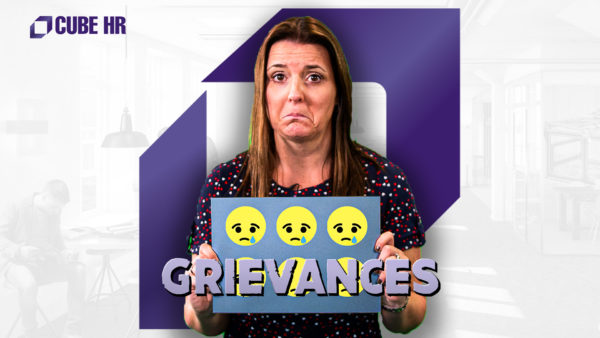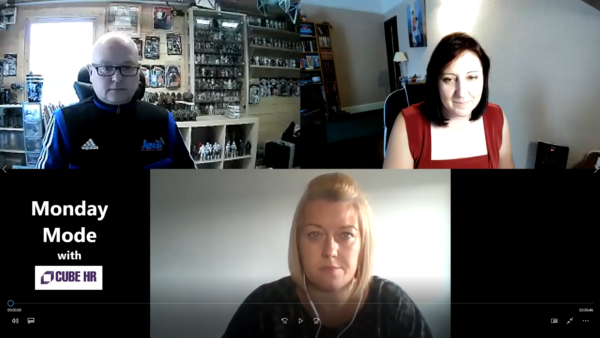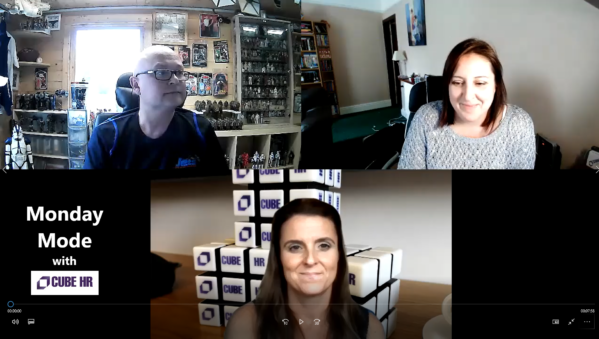Watch our short video on when is a grievance not a grievance for more detail
Does it have to say the word?
Does it have to be formal?
Does it have to be in writing?
When is a grievance not a grievance? There’s three things to consider before making that decision:
- A grievance doesn’t have to say the word in it. It’s important to look beneath that word and make sure there’s no substance to any complaints that you get.
- It doesn’t have to be raised formally. People could talk to you off the cuff, they could drop you an email. It should still be treated as a grievance if there’s some content in there.
- It doesn’t have to be in writing. You might be having a chat with a colleague and they start talking to you about the way they’ve been treated by another employee. Everything like that should be treated as a grievance.
If in doubt, treat it as a grievance, or seek advice from your HR person.
You should also make sure you have a policy in place so that your employees understand the process if they do have a concern.
Train your managers in how to identify complaints and what the appropriate course of action should be.
Most importantly, never ignore something that is said, as employees may feel uncomfortable raising a formal complaint, but be happy to chat informally about the way they feel.
Do you have questions about grievances?
Give us a call at CUBE HR, we’ll be happy to advise you and we have policies and templates available to meet every HR need.
Why not check out our other blog on the same topic Grievances and how to Deal with them Effectively
You can also watch a range of other videos on our YouTube channel



